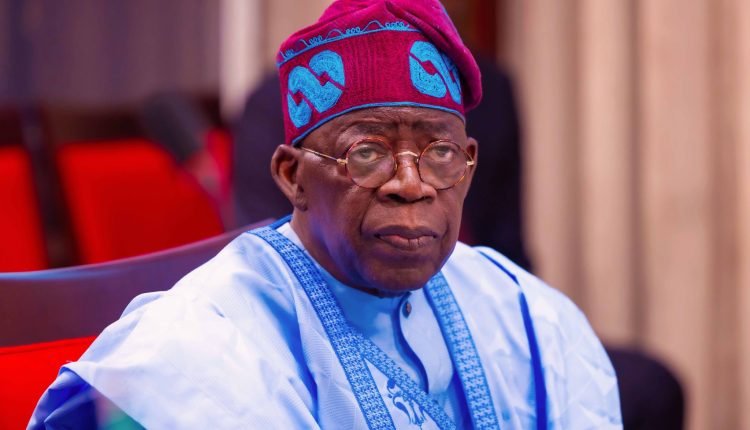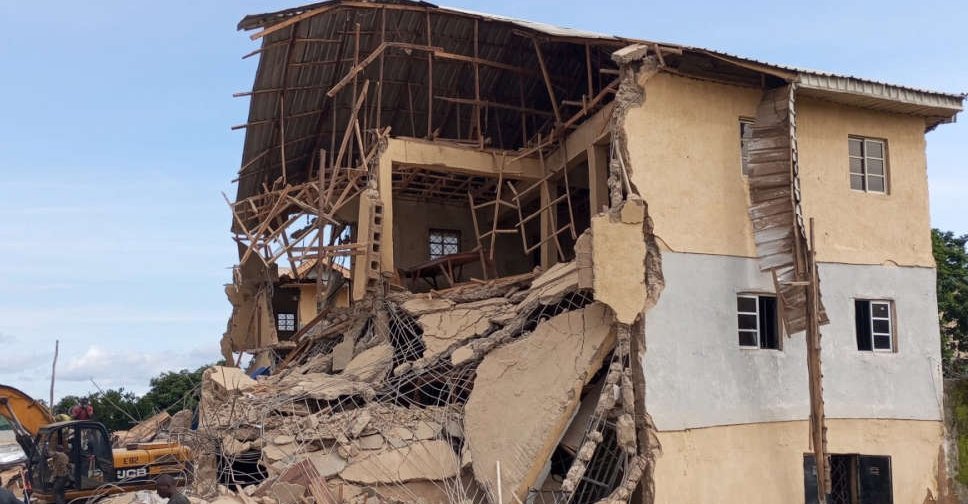President Bola Tinubu on Wednesday conferred national honours of the Commander of the Order of the Niger posthumously on four late Ogoni leaders: Albert Badey, Edward Kobani, Theophilus Orage, and Samuel Orage, collectively known as the Ogoni Four.
Tinubu made the announcement during a meeting at the State House in Abuja, where he received the report of the Ogoni Consultations Committee. He urged the people of Ogoniland to embrace reconciliation and unity after decades of division, encouraging them to move forward as a united community.
This meeting comes 16 months after Tinubu pledged to diligently pursue the Ogoni cleanup and increase the number of indigenes benefiting from empowerment programs. He expressed his commitment to unlocking the human and natural resource potential of Ogoniland while ensuring environmental and economic security for Nigerian communities.
The President assured stakeholders of his administration’s support for Ogoniland’s journey toward peace, environmental remediation, and economic revival, including facilitating the return of oil exploration to the area. He emphasized the consensus among Ogoni communities to welcome the resumption of oil production and committed to deploying resources to support their shared prosperity.
Tinubu referenced the transfer of operations of the Ogoni oil field to the Nigerian National Petroleum Company Limited and its partners under the previous administration, stating that his government would honor and build upon this decision. He called on the people to turn pain into purpose and conflict into cooperation, transforming the wealth beneath Ogoni soil into a blessing for the community and Nigeria.
The National Security Adviser, Nuhu Ribadu, who presented the report, noted that the consultations included input from local communities, traditional leaders, and the diaspora. He affirmed that his office, along with relevant agencies, is committed to restoring peace in Ogoniland.
Prof. Don Baridam, Chairman of the Dialogue Committee, stated that the report reflects the collective will of the Ogoni people, capturing their demands for structured participation in oil production, renewed environmental cleanup, and a framework for sustainable development.
Oil was first commercially discovered in Ogoniland in 1958, but exploration ceased in 1993 due to protests against environmental degradation and injustice. The Ogoni Four refers to traditional chiefs from the Ogoni community who were murdered in 1994 amid the Movement for the Survival of the Ogoni People campaign led by activist Ken Saro-Wiwa. The movement sought to protect the environment from harmful oil exploration, which ultimately led to severe repression and the hanging of Saro-Wiwa and nine other leaders in 1995.







